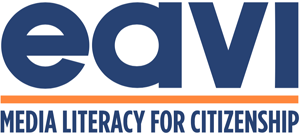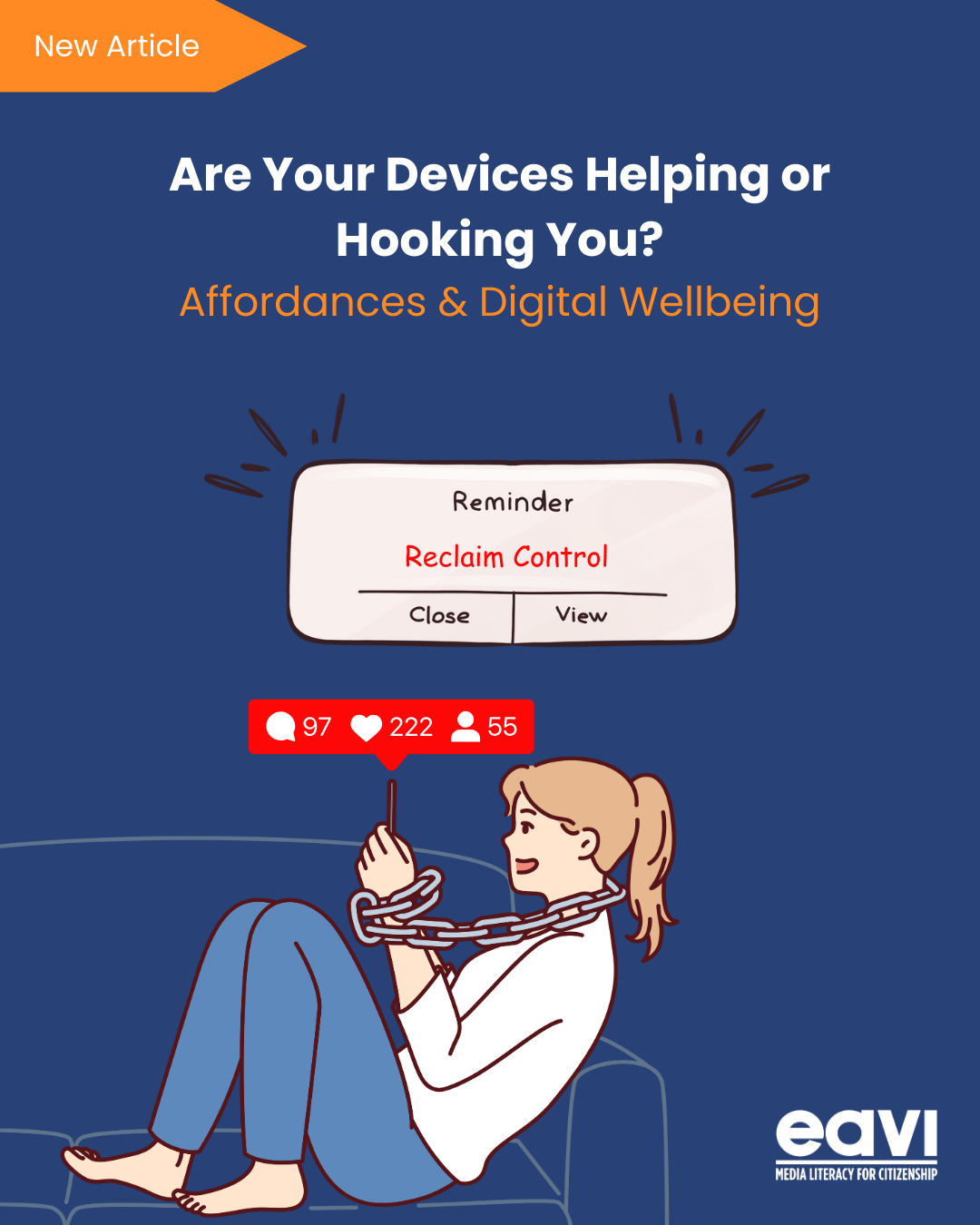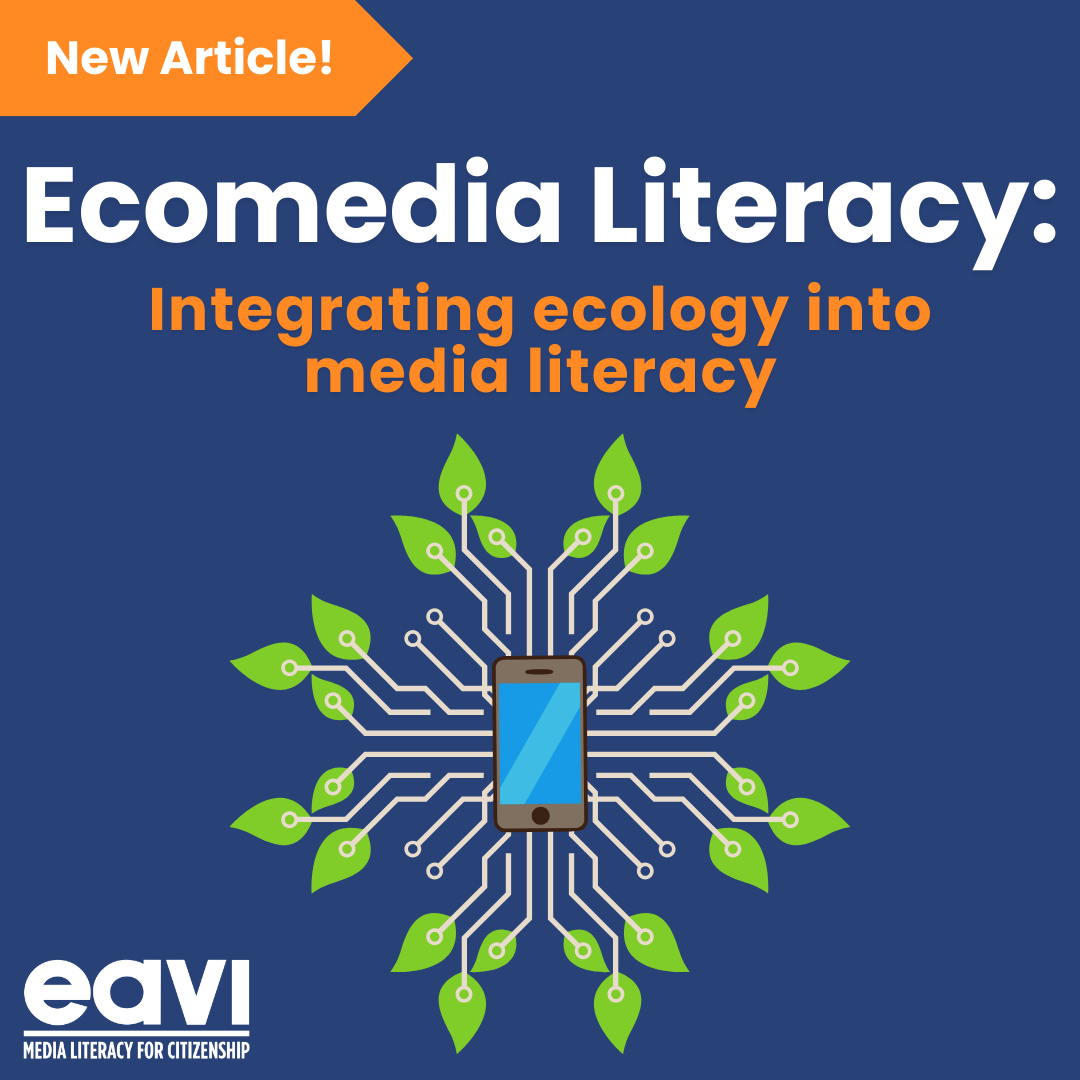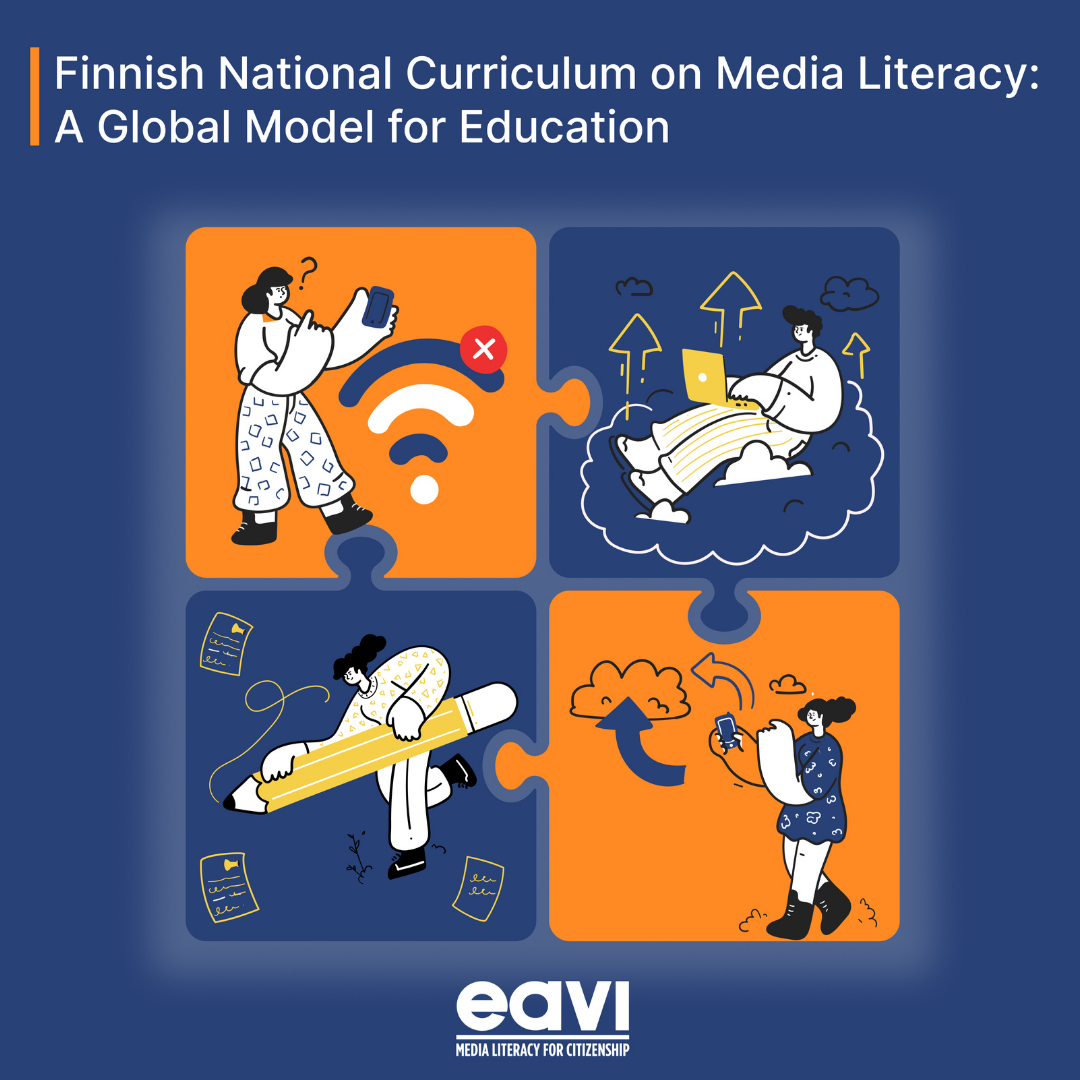Press Release
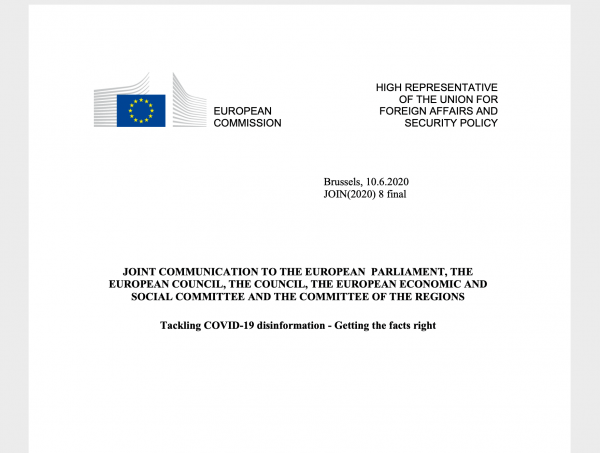
EAVI welcomes the recent Communication issued by the European Commission on how to tackle disinformation surrounding the COVID-19 global pandemic.
Europe along with the rest of the world has not sufficiently braced itself against the current ‘infodemic’, the tidal wave of mis- and disinformation in the wake of COVID-19. Due to the novelty of the virus, it claims, gaps in knowledge amid a flood of information have created an ideal breeding ground for false and misleading narratives to spread.
The Communication proposes new tools to fight disinformation, including further cooperation with media players such as social media platforms and with other media related bodies.
Celebrating 15 years addressing issues of media literacy and highlighting its importance in EU affairs, EAVI and its partners are well-positioned in the fight against the spread of disinformation in times of crisis. EAVI is active in media literacy research, policy, resources and training.
While the Communication acknowledges a role for media literacy, it does not go far enough, prioritising mainly defensive and reactive measures instead. It downplays the primary importance of each citizen’s responsibility and media literacy’s capacity to foster a resilient info-ecosystem that is both respectful of freedom of expression and capable of decreasing the impact and spread of disinformation.
We think instead that to solve the problem of disinformation, increased media literacy is not just an important part of an overall strategy, it is fundamental to it.
At EAVI we are convinced that media literacy serves for both, to identify mis- and dis-information. A media literate public is the first line of defense in this fight against disinformation of any kind. Failing to recognise research evidence and support this work fully disregards how to address the issue properly including in the long term. Some other organisations have also expressed concern about lack of support for media literacy civil society organisations.
The EC communication recommends a number of countermeasures against disinformation flows and foreign disinformation campaigns, all of which require a ‘whole-of-society’ approach. Overcoming the COVID-19 infodemic will require coordinated action that can provide clear, accessible and authoritative information. A robust media literate society is fundamental to this coordinated approach and lays the groundwork for enabling Member States and international partners to cooperate more effectively using information sharing networks and strategic communications campaigns.
About EAVI
The European Association for Viewers Interests is a non-profit international organisation based in Brussels working across Europe to promote media literacy for full citizenship. For more information, please contact us at [email protected]
Click here to download the pdf version.
Press Release

EAVI welcomes the recent Communication issued by the European Commission on how to tackle disinformation surrounding the COVID-19 global pandemic.
Europe along with the rest of the world has not sufficiently braced itself against the current ‘infodemic’, the tidal wave of mis- and disinformation in the wake of COVID-19. Due to the novelty of the virus, it claims, gaps in knowledge amid a flood of information have created an ideal breeding ground for false and misleading narratives to spread.
The Communication proposes new tools to fight disinformation, including further cooperation with media players such as social media platforms and with other media related bodies.
Celebrating 15 years addressing issues of media literacy and highlighting its importance in EU affairs, EAVI and its partners are well-positioned in the fight against the spread of disinformation in times of crisis. EAVI is active in media literacy research, policy, resources and training.
While the Communication acknowledges a role for media literacy, it does not go far enough, prioritising mainly defensive and reactive measures instead. It downplays the primary importance of each citizen’s responsibility and media literacy’s capacity to foster a resilient info-ecosystem that is both respectful of freedom of expression and capable of decreasing the impact and spread of disinformation.
We think instead that to solve the problem of disinformation, increased media literacy is not just an important part of an overall strategy, it is fundamental to it.
At EAVI we are convinced that media literacy serves for both, to identify mis- and dis-information. A media literate public is the first line of defense in this fight against disinformation of any kind. Failing to recognise research evidence and support this work fully disregards how to address the issue properly including in the long term. Some other organisations have also expressed concern about lack of support for media literacy civil society organisations.
The EC communication recommends a number of countermeasures against disinformation flows and foreign disinformation campaigns, all of which require a ‘whole-of-society’ approach. Overcoming the COVID-19 infodemic will require coordinated action that can provide clear, accessible and authoritative information. A robust media literate society is fundamental to this coordinated approach and lays the groundwork for enabling Member States and international partners to cooperate more effectively using information sharing networks and strategic communications campaigns.
About EAVI
The European Association for Viewers Interests is a non-profit international organisation based in Brussels working across Europe to promote media literacy for full citizenship. For more information, please contact us at [email protected]
Click here to download the pdf version.
Press Release

EAVI welcomes the recent Communication issued by the European Commission on how to tackle disinformation surrounding the COVID-19 global pandemic.
Europe along with the rest of the world has not sufficiently braced itself against the current ‘infodemic’, the tidal wave of mis- and disinformation in the wake of COVID-19. Due to the novelty of the virus, it claims, gaps in knowledge amid a flood of information have created an ideal breeding ground for false and misleading narratives to spread.
The Communication proposes new tools to fight disinformation, including further cooperation with media players such as social media platforms and with other media related bodies.
Celebrating 15 years addressing issues of media literacy and highlighting its importance in EU affairs, EAVI and its partners are well-positioned in the fight against the spread of disinformation in times of crisis. EAVI is active in media literacy research, policy, resources and training.
While the Communication acknowledges a role for media literacy, it does not go far enough, prioritising mainly defensive and reactive measures instead. It downplays the primary importance of each citizen’s responsibility and media literacy’s capacity to foster a resilient info-ecosystem that is both respectful of freedom of expression and capable of decreasing the impact and spread of disinformation.
We think instead that to solve the problem of disinformation, increased media literacy is not just an important part of an overall strategy, it is fundamental to it.
At EAVI we are convinced that media literacy serves for both, to identify mis- and dis-information. A media literate public is the first line of defense in this fight against disinformation of any kind. Failing to recognise research evidence and support this work fully disregards how to address the issue properly including in the long term. Some other organisations have also expressed concern about lack of support for media literacy civil society organisations.
The EC communication recommends a number of countermeasures against disinformation flows and foreign disinformation campaigns, all of which require a ‘whole-of-society’ approach. Overcoming the COVID-19 infodemic will require coordinated action that can provide clear, accessible and authoritative information. A robust media literate society is fundamental to this coordinated approach and lays the groundwork for enabling Member States and international partners to cooperate more effectively using information sharing networks and strategic communications campaigns.
About EAVI
The European Association for Viewers Interests is a non-profit international organisation based in Brussels working across Europe to promote media literacy for full citizenship. For more information, please contact us at [email protected]
Click here to download the pdf version.
